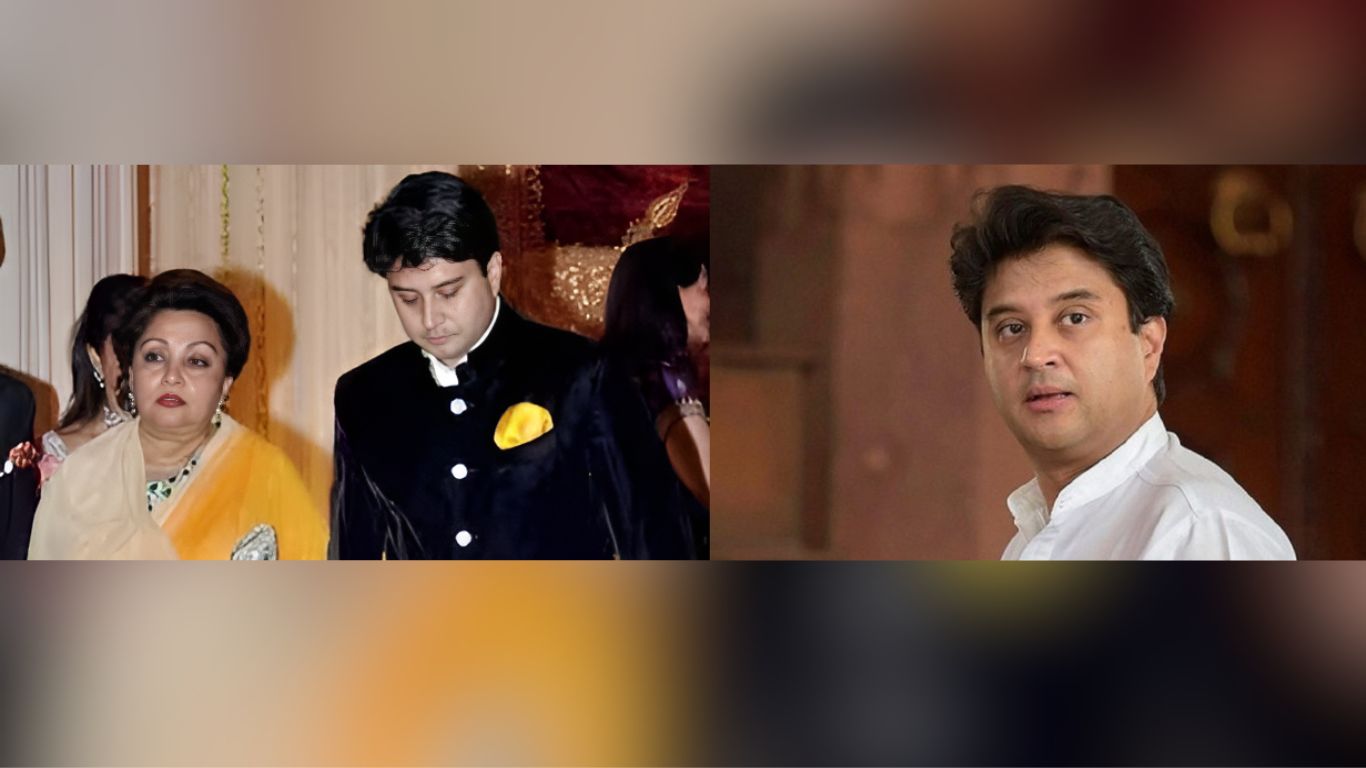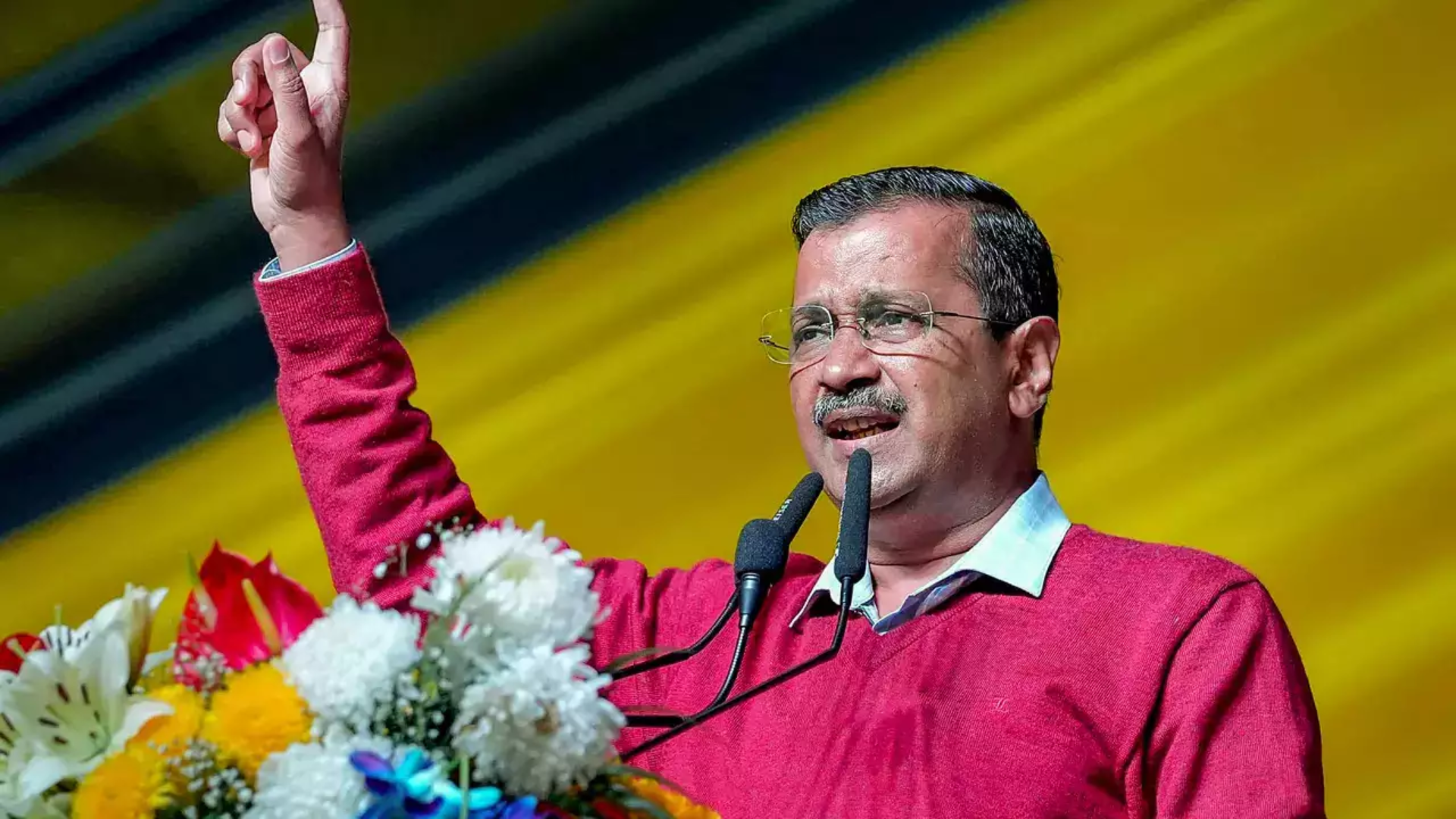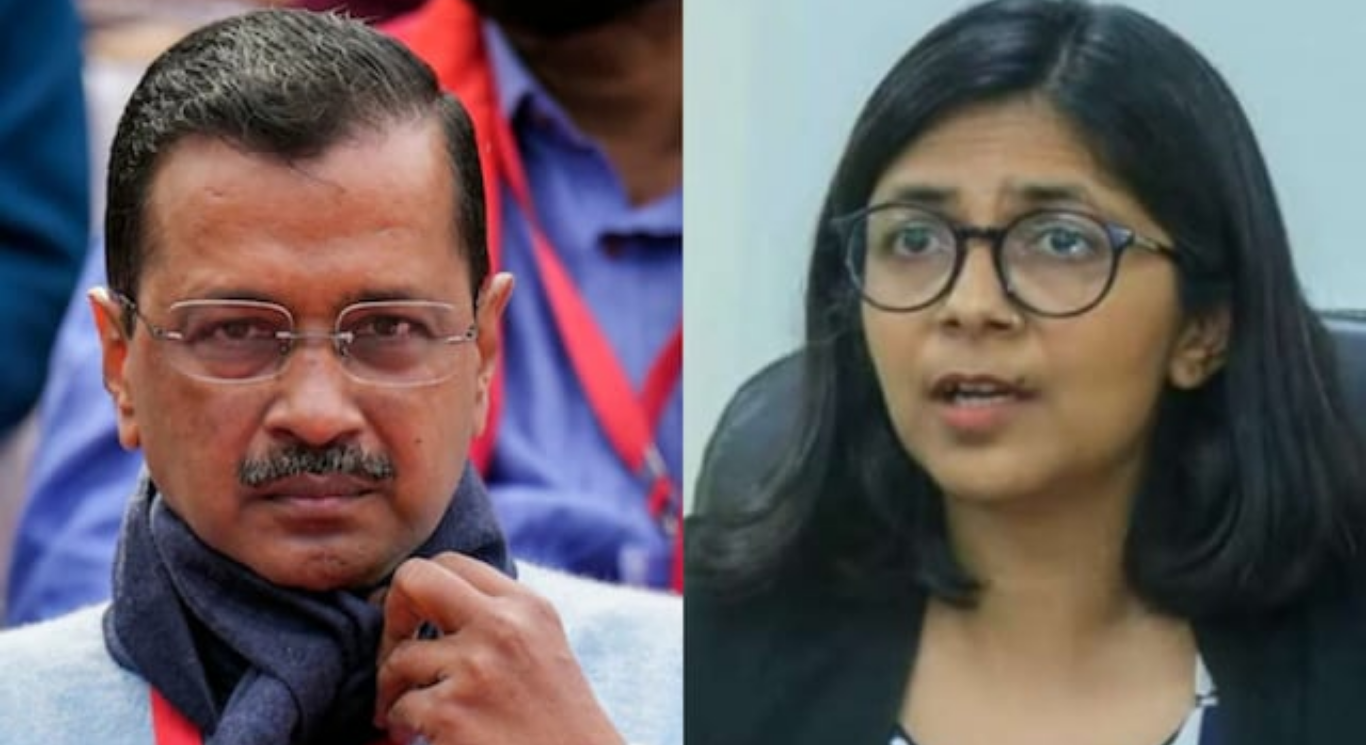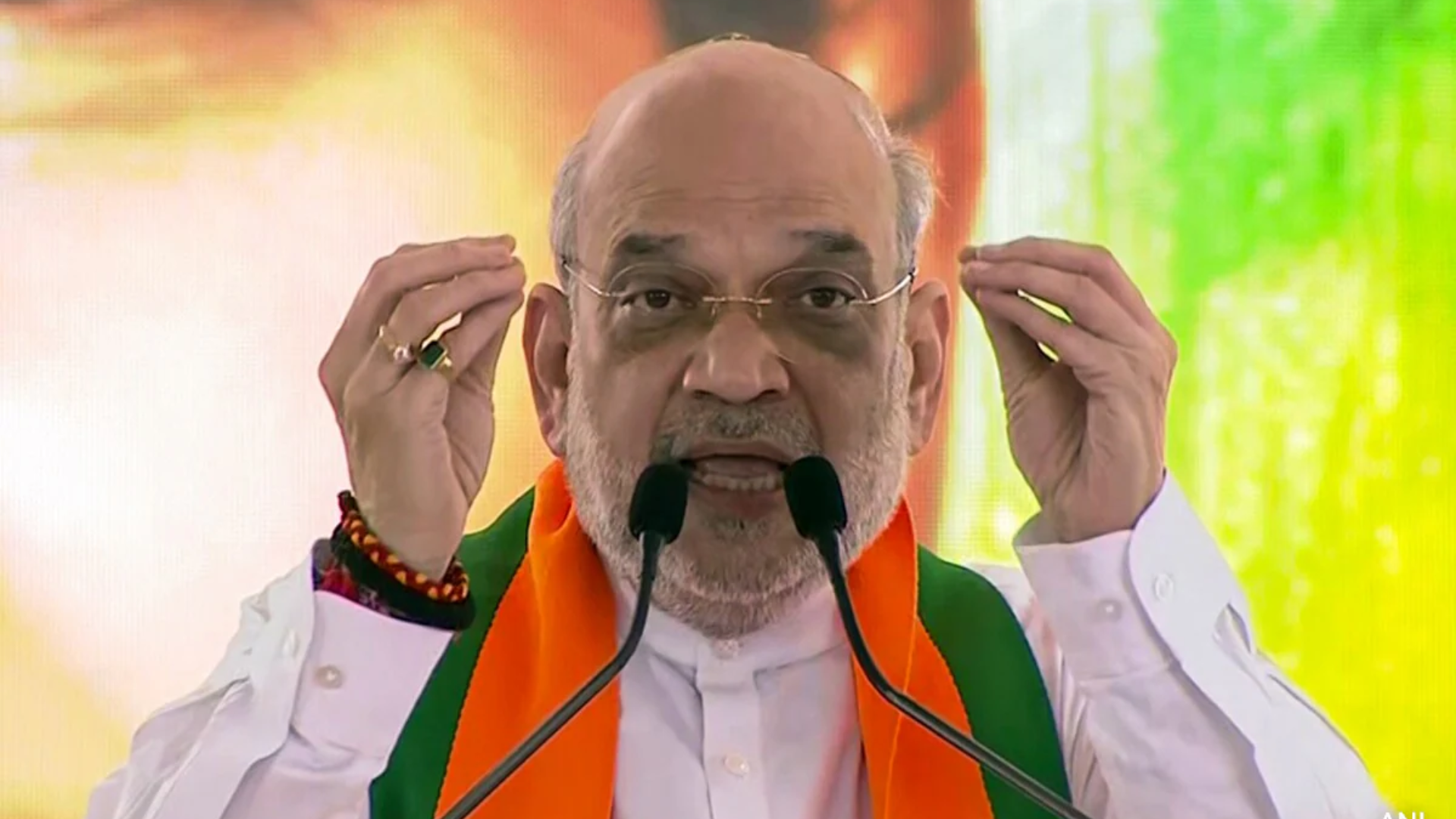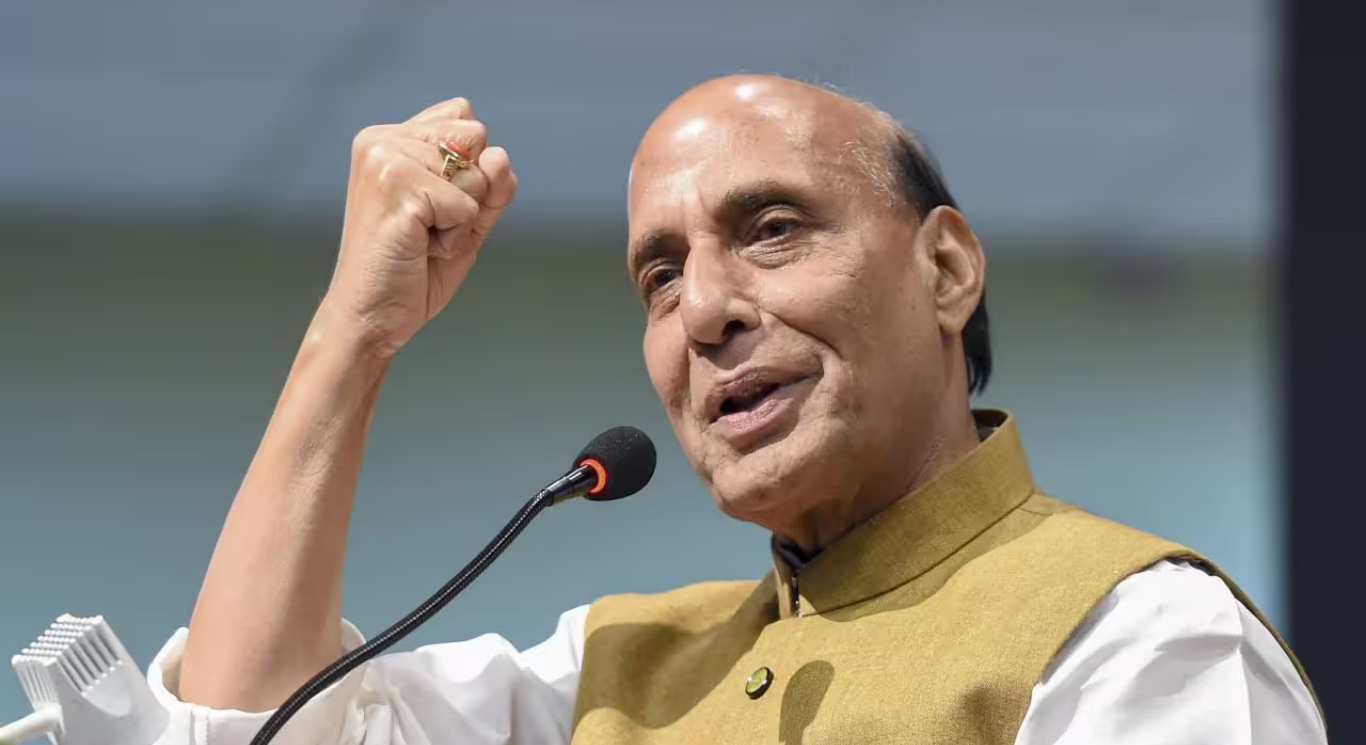









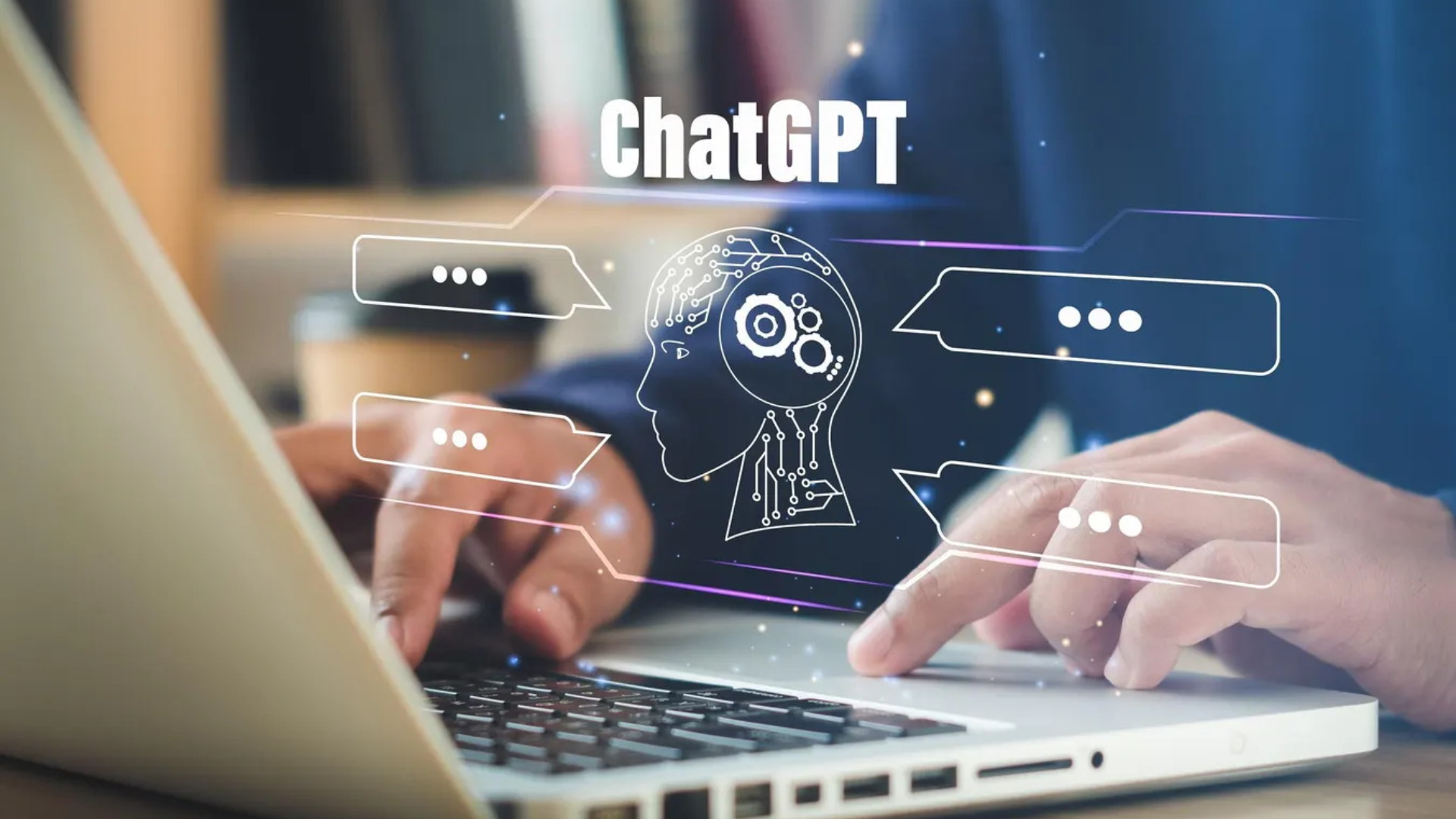
A Vienna-based privacy advocacy group has disclosed its intentions to lodge a formal complaint against ChatGPT in Austria on Monday, asserting that the AI’s tendency to fabricate inaccurate responses poses a significant concern that even its creator, OpenAI, cannot rectify.
Dubbed as NOYB (“None of Your Business”), the group emphasized the lack of assurance regarding the accuracy of ChatGPT’s output. “ChatGPT keeps hallucinating — and not even OpenAI can stop it,” declared the organization in an official statement.
Highlighting the vital importance of data accuracy, NOYB contended that such errors are intolerable, especially concerning personal information, as EU regulations mandate the precision of personal data.
Maartje de Graaf, a data-protection lawyer at NOYB, stressed, “If a system cannot produce accurate and transparent results, it cannot be used to generate data about individuals.” She further emphasized that technology should adhere to legal requirements rather than dictate them.
NOYB cited instances where ChatGPT allegedly provided incorrect information about the birth date of its founder, Max Schrems, instead of acknowledging the absence of necessary data. Despite requests for correction or deletion of the erroneous data, OpenAI purportedly declined, citing technical impossibility.
Moreover, NOYB accused OpenAI of inadequate response to Schrems’s requests to access his personal data, a violation of EU law, and suggested that the company did not make earnest efforts to comply.
As a staunch critic of tech behemoths since its inception in 2018, NOYB revealed its plan to petition Austria’s data protection authority to conduct an investigation and impose penalties on OpenAI to ensure compliance with EU regulations.
ChatGPT, which captured global attention upon its debut in November 2022 for its remarkable language capabilities, has faced mounting scrutiny and legal challenges since then. Italy temporarily suspended the program in March 2023, and France launched an inquiry following multiple complaints. Despite efforts to regulate AI, NOYB remains skeptical about the effectiveness of regulatory initiatives.


